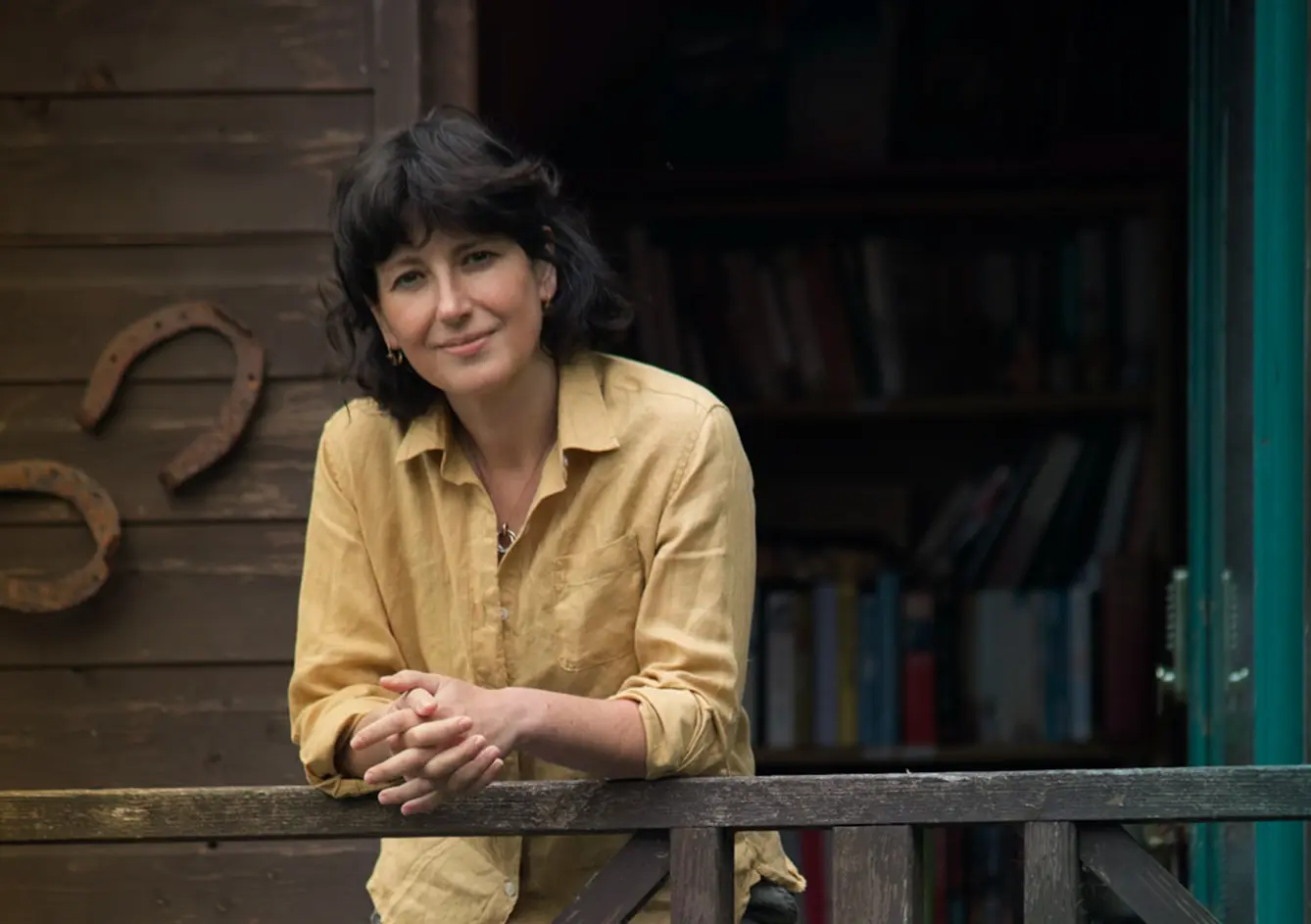In the words of Bulgaria-born Kassabova, who has been living in Scotland for almost two decades, after having migrated with her family to New Zealand in the 1990s, at the core of her work is “the search for a meaningful encounter with places and people.” Her last two books, published in many European countries, Border (2017) and To The Lake (2020), focus on different regions of the southern Balkans, “rich in nature-culture ecologies and scarred by political trauma.”
The award-winning author (To the Lake, Kassabova’s exploration of the ancestral geography of Lake Ohrid and Lake Prespa, now divided between North Macedonia, Albania, and Greece, was France’s Best Non-Fiction Foreign book of the Year) sits down with 3Seas Europe to talk about why Europe, and the world, need to have a better understanding of the Balkans.
Galina Ganeva – 3Seas (GG): The Balkans. What is it? Over the decades, how has the notion of the Balkans evolved abroad? Is there a certain box, a label, which is still being used to match Western expectations?
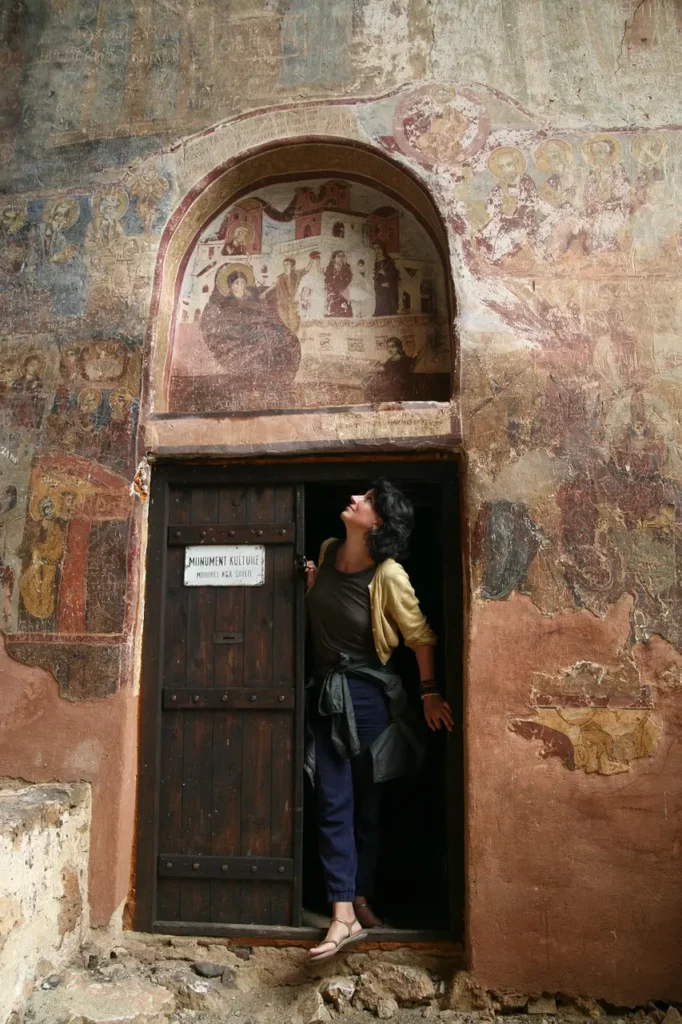
Kapka Kassabova (KK): ‘It is good that you’ve returned to the Lake,’ a character called Slavche said to me during one of our afternoon teas in the old town of Ohrid. ‘Because no matter where you go in the world, you and I know that the Balkans are the heart and soul of this funny old world.’
Anyone familiar with anywhere interesting in the Balkans will recognize the truth of her statement.
Slavche is a Sufi, and her family runs the last dervish tekke of Ohrid. She converted to Islam and learned Turkish after falling in love with the dervish in the 1950s. But she is originally a Macedonian Vlah, as in the great pastoralists of the southern Balkans whose seasonally migrating herds fed and clothed the entire Balkans and beyond – until the borders were rearranged in the wake of the First World War. This is a typical Balkan story. Sufism, or mystical Islam, has been in the Balkans since the 14th century. Churches, remote rock hermitages, dervish monasteries, mosques, and ancient ruins from the Thracians, Macedonians, and Illyrians co-exist in this part of Europe and in none other.
GG: But this is often what people are not ready to hear about the Balkans.
KK: In the minds of many, negative cliches about the Balkans are surprisingly persistent: ancient hatreds, unsafe, crazy, and even ‘where is it?’. Many readers of Border were surprised that Bulgaria is in the Balkans. The lazy misnomer ‘Balkan wars’ for the Yugoslav wars did a lot of damage. But this is changing, and literature has a role.
GG: How do you go about it?
KK: In my books, it is the voices of people and the faces of the land that tell of the true nature of the Balkans, of history, of what it means to carry fate and sometimes transcend it. Balkan civilization is by nature polyphonic and always has been – until the rise of ethnonationalism in the late 19th century and its essentially fascistic aim to wipe out diversity and rule over a monoculture.
GG: Your books often deal with the motif of the border as something bad, something that limits openness. And yet, we’re here in 2022 with nationalistic rhetoric feeling very much at home in many European countries, which until recently celebrated openness. What happened, and how do you see this evolving?
KK: This toxic patriarchal ideology has never gone away. There are traces of it everywhere, especially in border regions. Balkan ethnonationalism (as opposed to civic nationalism) is no different from other ethnonationalism. It will be with us until the top-down patriarchal structure is replaced by new forms of power more suited to the changing face of humanity. It is already coming! But the brutality of patriarchal tyranny lives on in young men and women, and the only way to heal is by opening alternative ways for people to identify and act. People have to have something to love, not hate. Because, in the end, we are what we love. This is what I learned from the people and landscapes of the border, in Border. And from the people of the Lakes. This is the great human lesson of the Balkans.
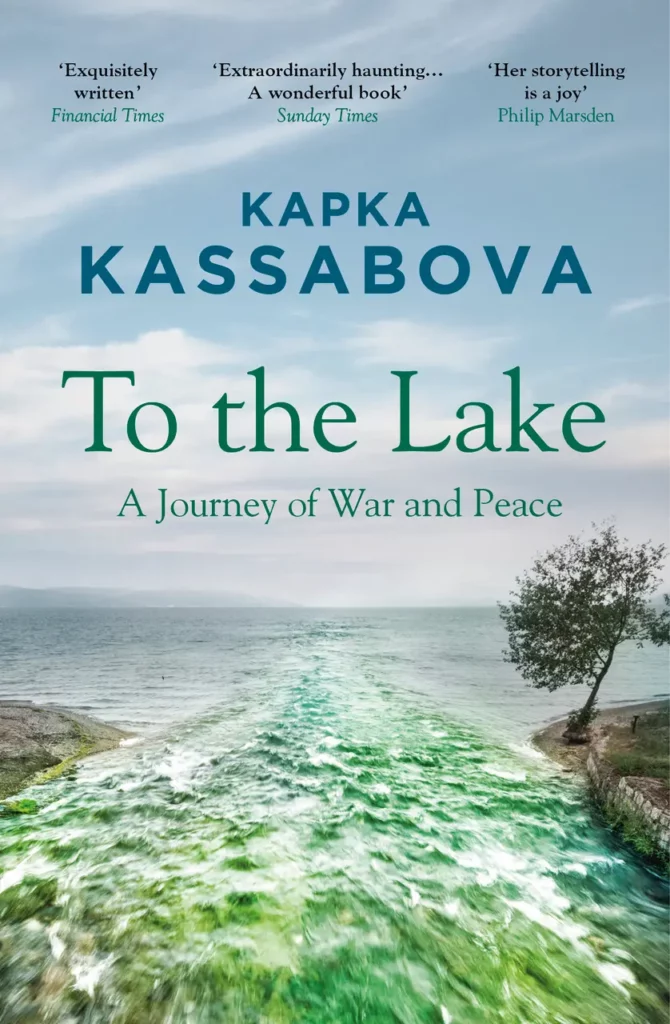
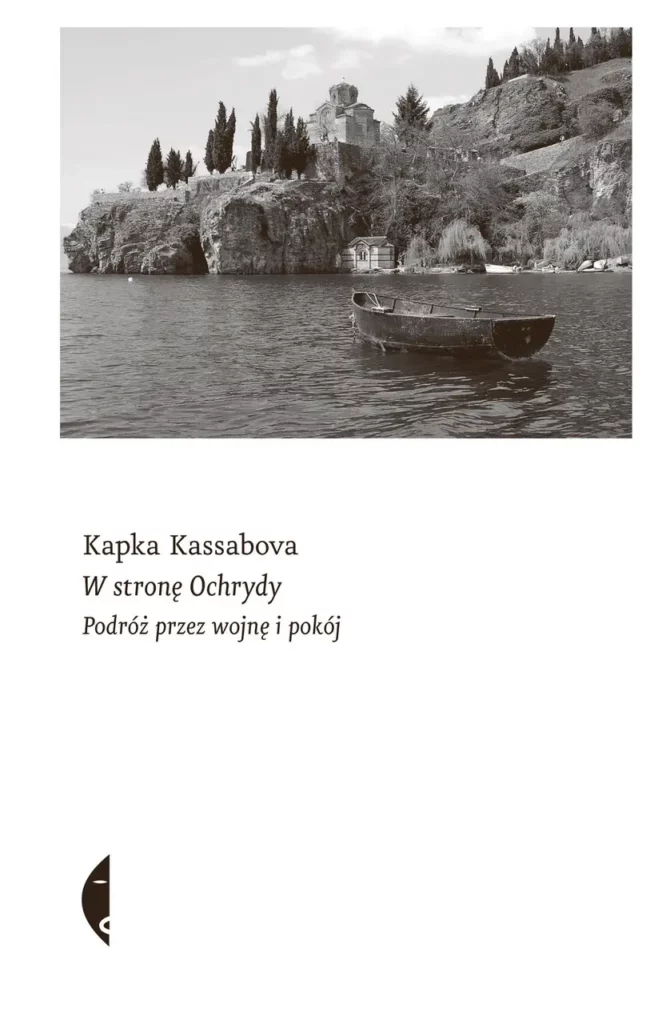
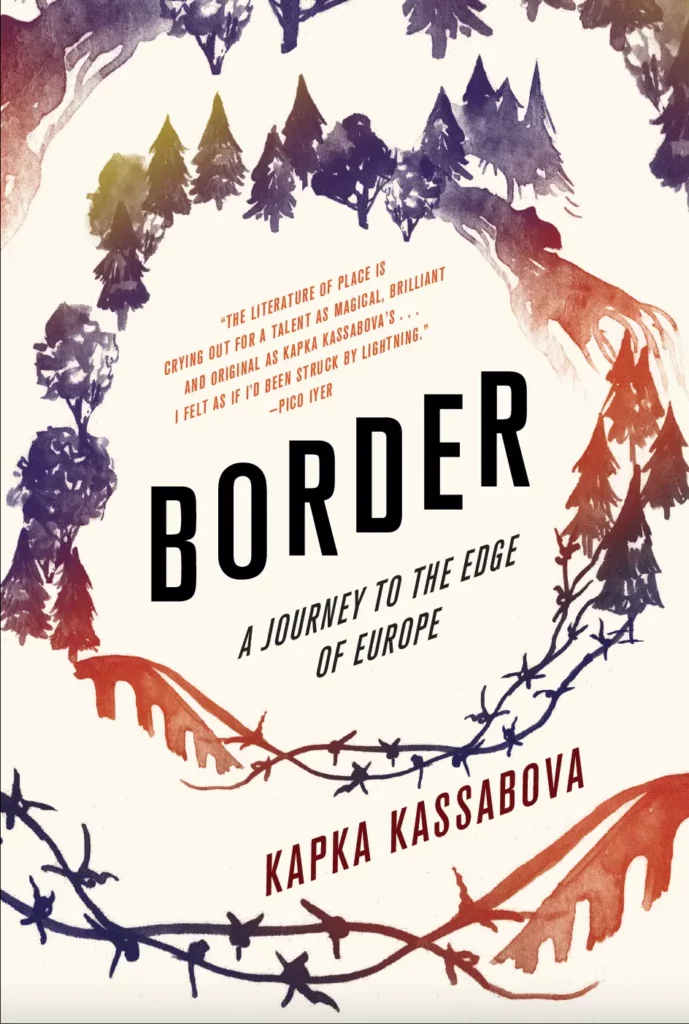
GG: Your books have also been translated and well-received in Poland, among others. Is there some Central European identity, or sensitivity, you’ve noticed? What binds us to those countries that are close to us yet not the same?
KK: There is an emotional and cultural affinity for sure. For example, the Polish edition of “To the Lake” is called W stronę Ochrydy. To put Lake Ohrid in the title would be unthinkable to a publisher west of Poland – because Ohrid only has cultural resonance to the people of the ‘eastern bloc,’ as we were called during the cold war.
This emotional, cultural resonance that the peoples of the east of Europe have is not, in my view, based on some kind of Slavic identity. However, it is definitely fed by the Slavic language connection and its cultural commonality. The emotional connection is the product of recent history. All Eastern Europeans over the age of 30 from Albania to Poland, and unlike western Europeans, have personally experienced economic collapse, social chaos, migration and family separation, mafia governance, the rise of hate language and nationalist rhetoric before it happened in western Europe, and war that was the result of that rhetoric (Yugoslavia).
And on another more profound level, this connection comes from the East – and it is a spiritual, imaginal, and nature-bound connection among peoples who were exposed for a long time to eastern currents of thought, culture, religion and aesthetics and eastern colonization (the Ottoman Empire, the Russian Empire). I would broadly call this the Byzantine effect. Its result is diversity, polyphony, and sometimes cacophony. In eastern cultures, there is still a place left to explore non-material realms, sometimes called magical. If I had to sum up in one word what I find in the Balkans that I can’t find in the rest of Europe, it’s this: magic. But magic is complicated and part of a huge subject – that of the human search for healing – which I explore in depth in my upcoming book Elixir.
GG: With everything happening in Europe, starting with Brexit and ending with the war in Ukraine, how do you feel about the continent’s future?
KK: Europe is in the throes of cataclysmic change, like the whole world. Many old systems of governance and thought are collapsing, and there is no point hanging on to them nostalgically. One of the nostalgic, false ideas is that there is such a thing as a united Europe. This was a cultural confection created in Brussels, not in Tirana. Many people in the Balkans don’t feel a part of that bright, wealthy, self-confident Europe that hasn’t known catastrophe since 1945.
This is part of the problem with the old system – that it centralized too confidently and arrogantly, leaving the rest in shadow. The shadow is a big presence in my work. I go questing for the origin of the shadow. Personal shadow, ancestral shadow, national shadow, and ultimately – the human shadow that we cast as a dysfunctional but resourceful species on this planet.
GG: What has your work describing the Balkans taught you?
KK: I see a line between the Yugoslav Wars of the 1990s, with their unresolved aftermath, and Russia’s attack on Ukraine now. The war in Yugoslavia was interrupted, not ended, not understood, and its wounds not treated. It continued as lies, denials, revisionism, and post-war propaganda in the ex-Yugoslav states and as a denial of responsibility by the rest of Europe. “This has nothing to do with us.” But it does, and it did, because ‘the Balkans – that’s us,’ my grandmother used to say. Us – that’s all of us, not east or west. I do feel that the failure by the European community to look honestly at the Yugoslav Wars and see that they were European wars that concerned everyone, enabled Putin to continue constructing his Russia – a culture of lies, of insanity. And it enabled other toxic nationalists.
This arrogant European denial about the importance and the true impact of the Yugoslav Wars was hypocrisy, and hypocrisy breeds new monsters. The three forgetful decades since that previous European war have made it easier for the current warlords.
GG: Are we going to raise above all differences?
KK: A world in which each man and woman, each nation, and each online opinion bubble is just for themselves is a world without a future. And our world does have a future. All that I have learned through my Balkan quests shows me that the human being, like every other being on earth, yearns for healing – and to heal means to make whole.


